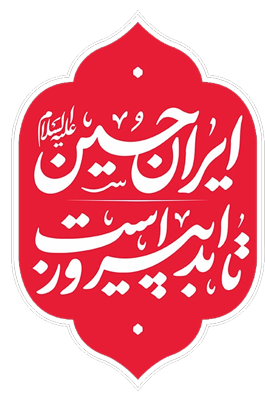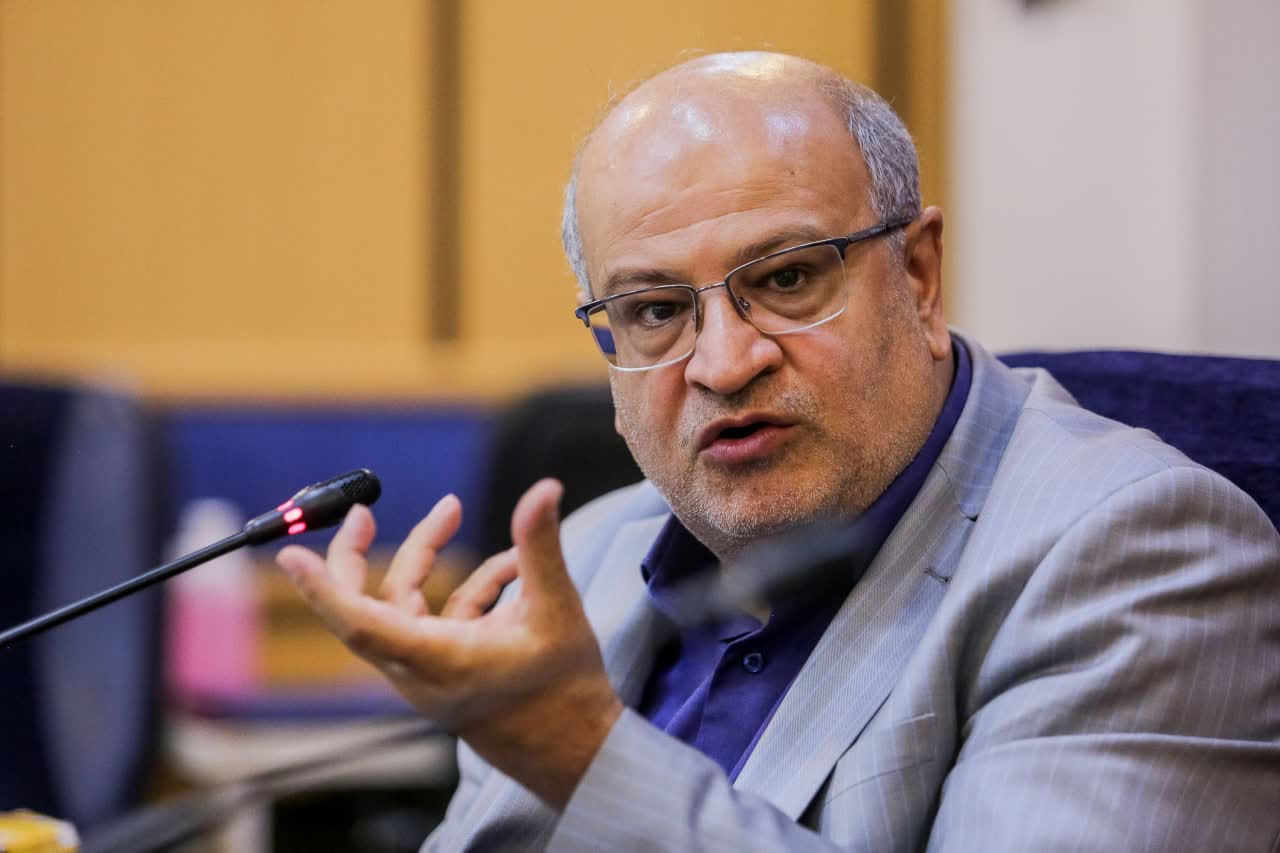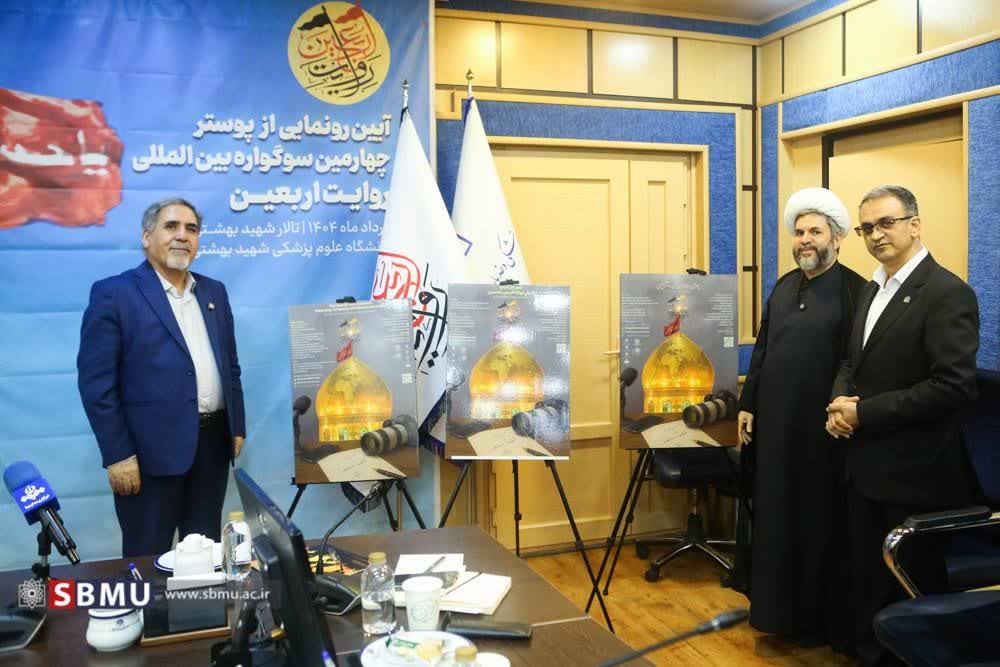This morning, the unveiling ceremony of the poster for the Third International “Arbaeen Narrative” Festival, dedicated to students of the Islamic world, was held with the presence of Dr. Alireza Zali, President of Shahid Beheshti University of Medical Sciences; Hojjat al-Islam Dr. Ali Khedavi, Head of the Office of the Supreme Leader’s Representative at the University; and members of the university’s board.
During the ceremony, Dr. Zali described holding such a festival as an innovative and artistic initiative, stating: “This festival, by utilizing visual, audio, travel-writing, poetry, and other capacities, has fostered both national and international solidarity. What is particularly important is the aspect of documentation, which has transformed Arbaeen into a global social, political, ritual, and religious statement with multiple dimensions to explore.”
He pointed out the neglect of the culture of documentation in national and religious ceremonies, adding: “Recording and documenting national and religious events is no less valuable than holding them. This festival promotes a culture of documentation, serving as a platform to capture the unique dimensions of the Arbaeen pilgrimage and, in part, to reveal its hidden aspects.”
Dr. Zali stressed that the festival’s mission is to document the programs and activities of the Arbaeen march, saying: “We witness many acts of generosity during Arbaeen, such as providing services to pilgrims. A significant portion of submissions is expected to focus on this subject, which may also help us identify weaknesses and work on improvements.”
He further noted that most of the festival’s activities are led by youth and students, adding that participation is not limited to Iranians but includes people from other countries. “We aim to share this international festival with the world in a spirit of convergence,” he said.
Concluding his remarks, Dr. Zali stated: “Along the route from Najaf to Karbala there are 1,452 poles, each of which can serve as a station for visual storytelling and memory-making. This festival seeks to present the essence of Arbaeen culture through art, just as the culture of Arbaeen and religious events has been passed down through poetry and oral traditions from the past to the present.”








